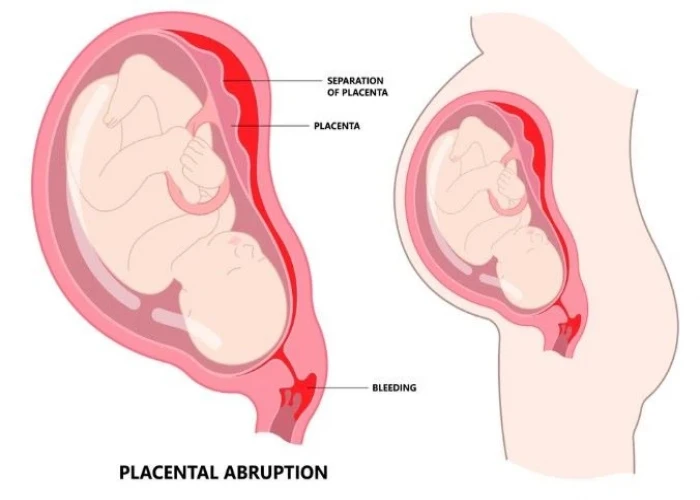 Welcome
Welcome
“May all be happy, may all be healed, may all be at peace and may no one ever suffer."
Placental abruption
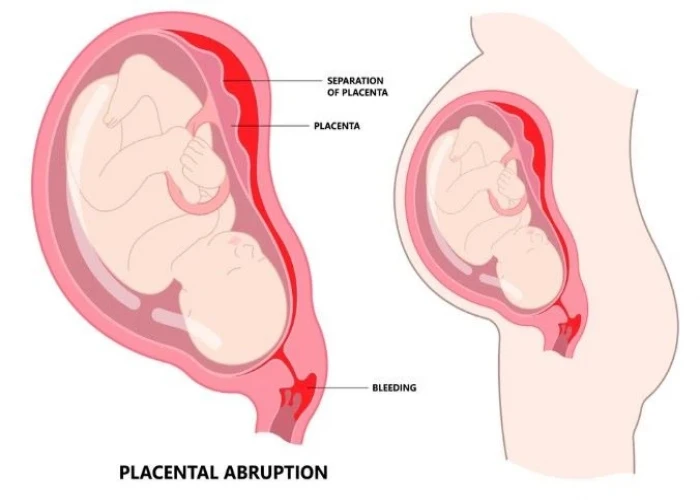
Placental abruption, also known as abruptio placentae, is a pregnancy complication in which the placenta separates from the uterus before delivery. Placental abruption is a serious medical emergency that can cause significant harm to both the mother and the baby.
The exact cause of placental abruption is not fully understood, but it is more common in women who smoke, uses cocaine or other illicit drugs, has high blood pressure, are older than 35 years old, has a history of placental abruption, or have experienced trauma to the abdomen.
Symptoms of placental abruption may include vaginal bleeding, uterine contractions, abdominal pain, back pain, and a decrease in fetal movement. Diagnosis of placental abruption may involve ultrasound imaging to evaluate the position and attachment of the placenta.
Treatment for placental abruption depends on the severity of the condition and the health of the mother and baby. In some cases, immediate delivery of the baby via cesarean section may be necessary to prevent further complications. In less severe cases, the mother may be hospitalized and monitored closely to ensure the safety of both the mother and the baby.
Prevention of placental abruption involves managing risk factors, such as avoiding smoking and drug use, managing hypertension and other medical conditions, and receiving appropriate prenatal care. Women who have experienced placental abruption in a previous pregnancy are at higher risk for the condition in future pregnancies and should work closely with their healthcare provider to minimize the risk of complications.
Research Papers
Disease Signs and Symptoms
- Vaginal bleeding
- Vaginal pain or burning
- Abdomen pain
- Back pain
- Uterine contractions, often coming one right after another
- Plague is divided into three main types bubonic, septicemic and pneumonic depending on which part of the body is involved.
- Signs and symptoms vary depending on the type of plague.
Disease Causes
Placental abruption
The cause of placental abruption is often unknown. Possible causes include trauma or injury to the abdomen — from an auto accident or fall, for example — or rapid loss of the fluid that surrounds and cushions the baby in the uterus (amniotic fluid).
Disease Prevents
Placental abruption
You can't prevent placental abruption, but you can decrease certain risk factors. For example, don't smoke or use illegal drugs, such as cocaine. If you have high blood pressure, work with your health care provider to monitor the condition.
Always wear your seatbelt when in a motor vehicle. If you've had abdominal trauma — from an auto accident, fall or other injury — seek immediate medical help.
If you've had a placental abruption, and you're planning another pregnancy, talk to your health care provider before you conceive to see if there are ways to reduce the risk of another abruption.
Disease Treatments
It isn't possible to reattach a placenta that's separated from the wall of the uterus. Treatment options for placental abruption depend on the circumstances:
- The baby isn't close to full term. If the abruption seems mild, your baby's heart rate is normal and it's too early for the baby to be born, you might be hospitalized for close monitoring. If the bleeding stops and your baby's condition is stable, you might be able to rest at home.
- You might be given medication to help your baby's lungs mature and to protect the baby's brain, in case early delivery becomes necessary.
- The baby is close to full term. Generally after 34 weeks of pregnancy, if the placental abruption seems minimal, a closely monitored vaginal delivery might be possible. If the abruption worsens or jeopardizes your or your baby's health, you'll need an immediate delivery — usually by C-section.
For severe bleeding, you might need a blood transfusion.
Disease Diagnoses
Disease Allopathic Generics
Disease Ayurvedic Generics
Disease Homeopathic Generics
Disease yoga
Placental abruption and Learn More about Diseases
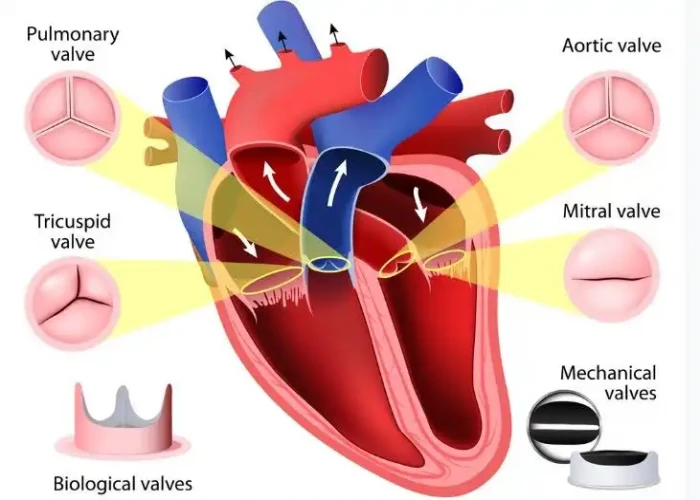
Tricuspid valve regurgitation
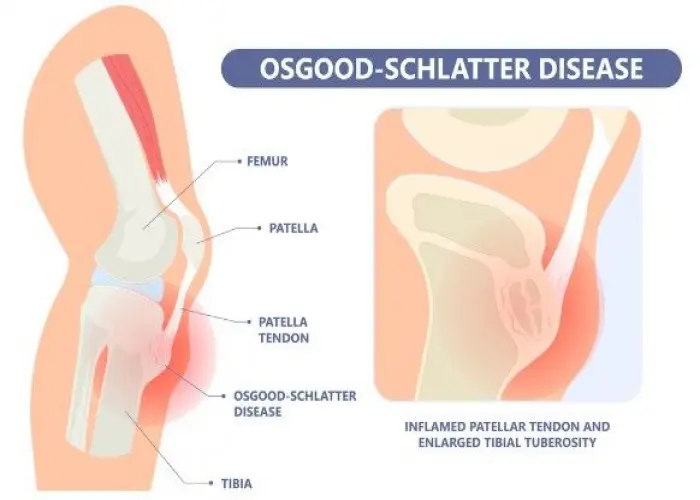
Growth plate fractures

Thoracic outlet syndrome
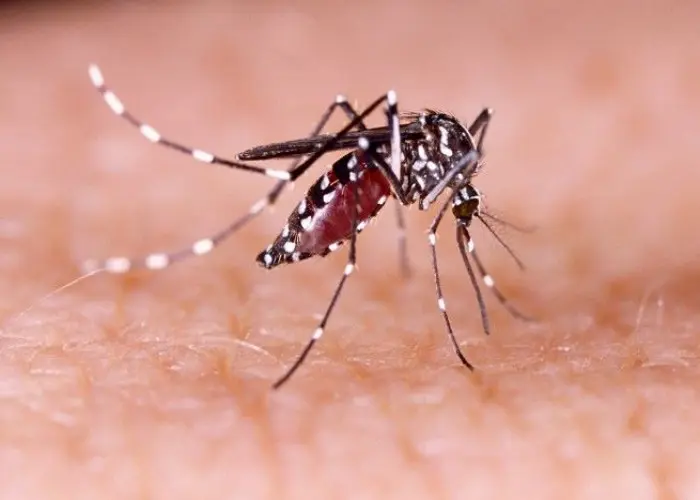
Dengue fever

Anorgasmia in women

Chemo brain

Von Willebrand disease
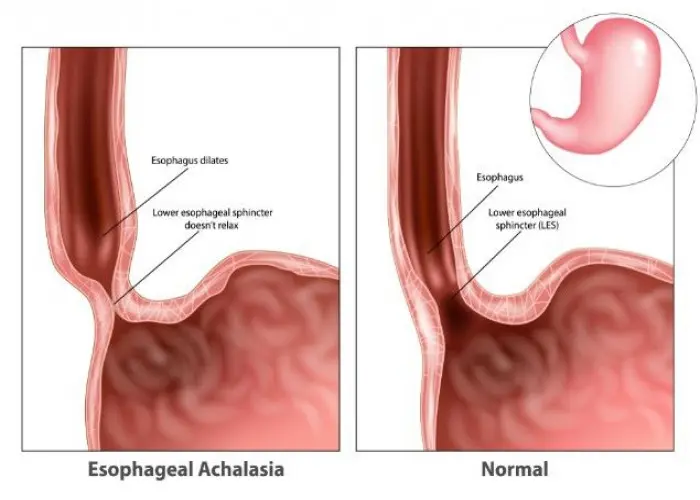
Esophagitis
placental abruption, প্ল্যাসেন্টাল ছেদন
To be happy, beautiful, healthy, wealthy, hale and long-lived stay with DM3S.
